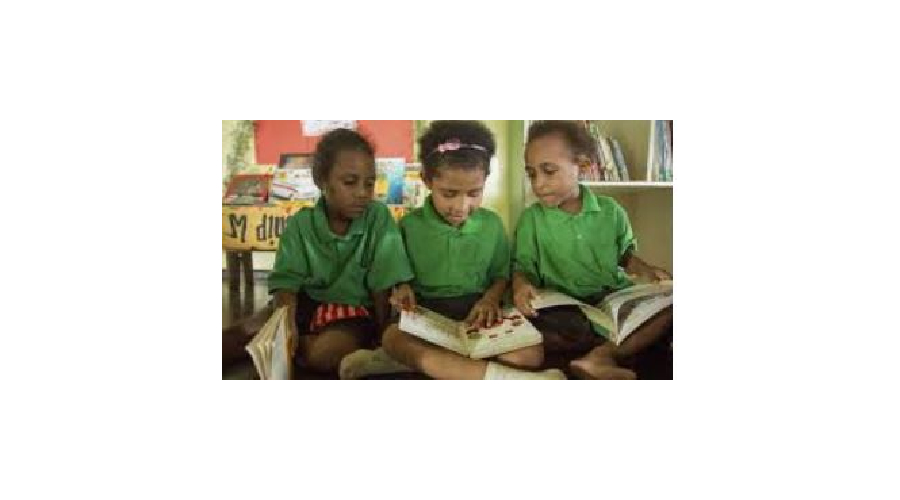Papua New Guinea (PNG) is likely to face an increasingly challenging future because of its ongoing high levels of youth employment.
A similar situation exists in other Pacific countries, such as in the Solomon Islands, but in PNG it is said 33 per cent of young people are unemployed, a country with comparatively low levels of educational attainment, and reportedly limited formal education.
The value of education has a significant impact on the economy. A higher rate of productivity is created as more educated workers are hired because skilled workers can perform more tasks more efficiently.
While it is not always the case, as found in the Solomon Islands, with information released this week of a young Solomon Islander having attained a university qualification, he could not find work at home and has had to resort to working as a cleaner in Australia to support himself and his family back at home, there is in my mind a clear relationship between education and employment.
It is not easy to explain the relationship between education and income. Higher educational attainment benefits the economy in a variety of ways, including higher wages, employment stability, and greater upward mobility in earnings. Higher education lowers the unemployment rate. However, as education becomes more important to meeting the needs of tomorrow’s jobs, the wage gap between educated and less educated workers is becoming larger.
In Port Moresby one enterprising academic has seen the situation emerging and created a education tutoring business, ‘Tips for Kids,’ which is devoted to the educational needs of children, young adults and even parents of children.
The business has developed and teaching staff are now being recruited for home teaching and educational support, based on a syllabus obtained from Australia.
Tips for Kids is listed in the Port Morseby phone book and has its own website where full information on the teaching/coaching school can be obtained.
Yours sincerely
Frank Short



